Russia has officially recognized drone troopers as a distinct branch of its armed forces, a strategic move announced by Russian leader Vladimir Putin during a recent meeting on the country’s new ten-year armament program. This development, reported on by the Barents Observer, underscores the growing importance of unmanned aerial vehicles (UAVs) in modern warfare, particularly as Russia intensifies its military operations.
Expanding Drone Integration in Russian Forces
The decision to establish drone troopers as a separate entity reflects Russia’s commitment to rapidly deploying and developing this capability.
Putin emphasized, “In this connection, I would like to point out that we are now creating unmanned systems troops as a separate branch of the armed forces, and it is necessary to ensure their deployment and development as quickly and efficiently as possible,” addressing his top military brass.
This shift builds on experience gained from the ongoing conflict with Ukraine, where drones have become an integral part of Russian military units since the full-scale war began in 2022.

Training programs are already underway, with the Northern Fleet establishing a dedicated center for drone operator training. Soldiers with combat experience in Ukraine are training conscripts and other troops, starting with theoretical and technical instruction before advancing to social computer simulators and practical exercises on specialized shooting ranges.
This structured approach aims to enhance the combat capabilities of Russia’s forces, a priority Putin highlighted by noting, “It seems to me that we have accumulated good experience in order to create this kind of troops,” and stressing the need for modern apparatus to support these efforts.
Technical Advancements and Training Facilities
The training center, located in Russia’s far north, showcases advanced methods tailored to the region’s harsh conditions. In April 2025, Northern Fleet Head Commander Konstantin Kabantsev visited Franz Josef Land, where local forces demonstrated drone and anti-drone weapon operations. The center employs a phased training model: initial classroom learning, followed by simulator practice, and culminating in hands-on field training. This progression ensures operators are well-prepared, a critical factor as Russia scales its UAV fleet.
Photos from Na Strazhe Zapolyaria depict future drone troopers in action, handling equipment during Northern Fleet exercises. The focus on practical skills aligns with industry trends, where hands-on experience with UAVs—ranging from reconnaissance to combat models—boosts operational effectiveness. This development could set a precedent for other nations to formalize drone-specific military branches.
Sea Drone Development and Economic Implications
Russia is also exploring marine drones, with the Northern Fleet actively developing this technology. During a recent visit to Arkhangelsk, State Duma Defence Committee leader Andrei Kartapolov discussed sea drone logistics with regional governor Aleksandr Tsybulsky. At the Zvezdochka shipyard, Kartapolov examined a small-scale propeller potentially suited for sea drones. This innovation could enhance naval operations, particularly in the Arctic, where Russia maintains significant military presence.
Economically, this expansion may drive demand for UAV components, potentially costing millions of USD in development and production. The integration of naval shipyards like Sevmash and Zvezdochka suggests a long-term investment, likely exceeding hundreds of millions of USD over the decade-long program. For drone professionals, this trend signals opportunities in manufacturing and training, though it also raises regulatory questions about export controls and international military standards.
Implications for Drone Pilots and the Industry
This militarization of Drone Technology could influence recreational pilots and EV enthusiasts indirectly, as advancements in battery efficiency and propulsion—key to both UAVs and electric vehicles—spill over into civilian markets. However, the focus on combat applications may prompt stricter global regulations, affecting drone operators worldwide. For now, Russia’s move positions it as a leader in military UAV innovation, with potential ripple effects on global defense strategies and the Drone Industry at large.
Photos courtesy of Zapolyaria / VK
Discover more from DroneXL.co
Subscribe to get the latest posts sent to your email.
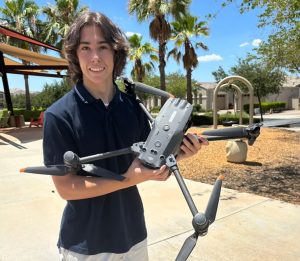
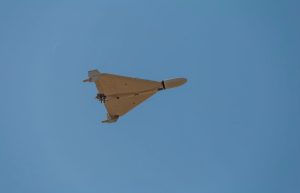
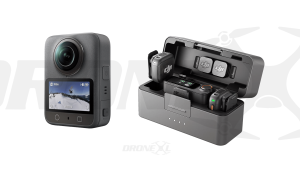
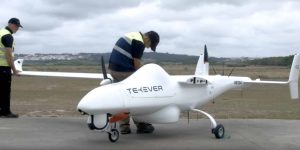
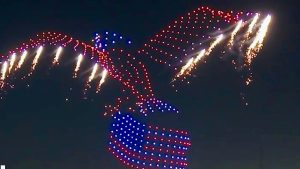

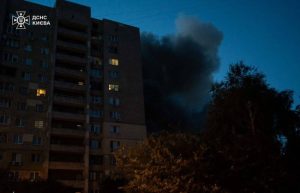



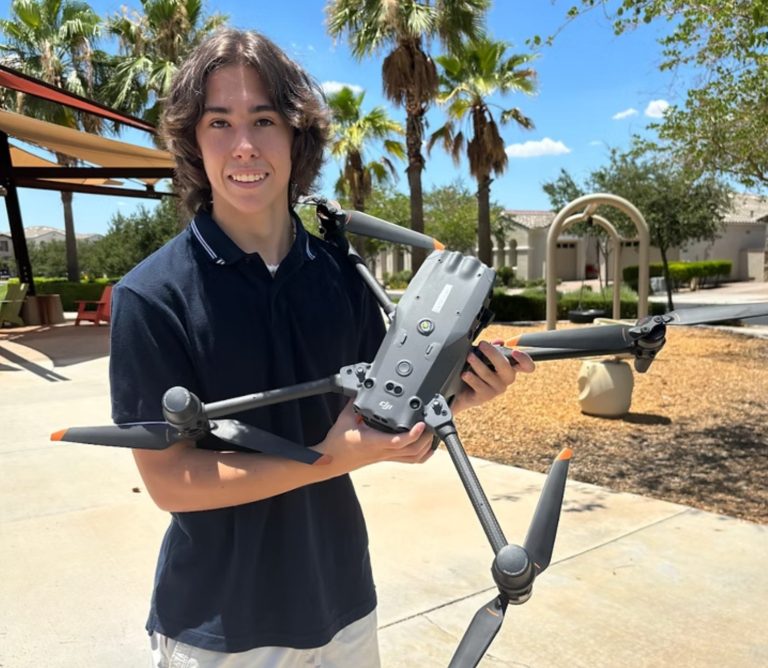
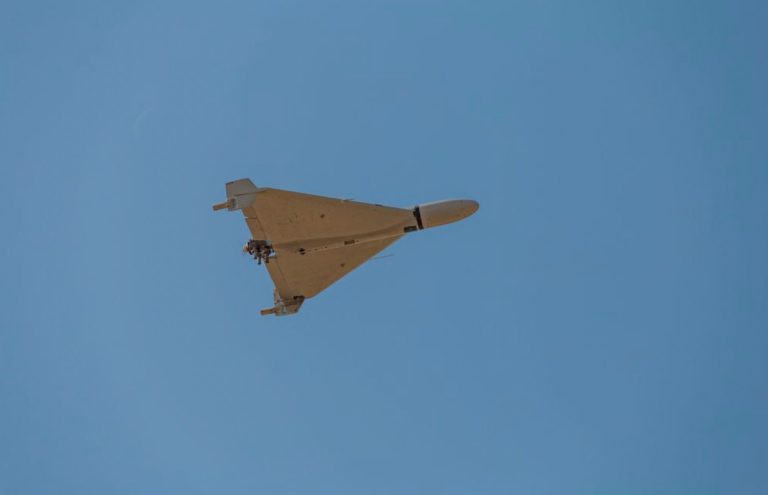
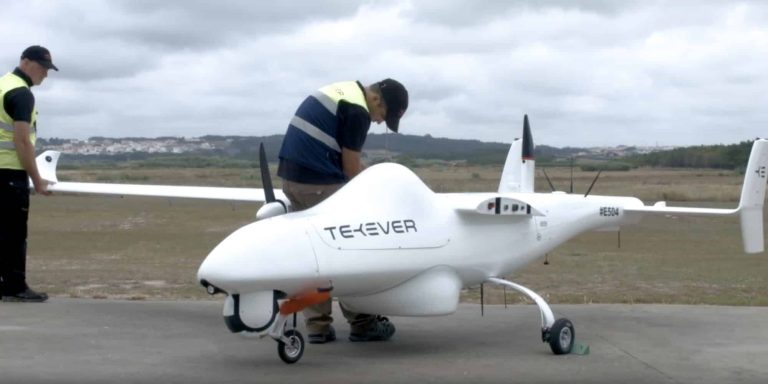
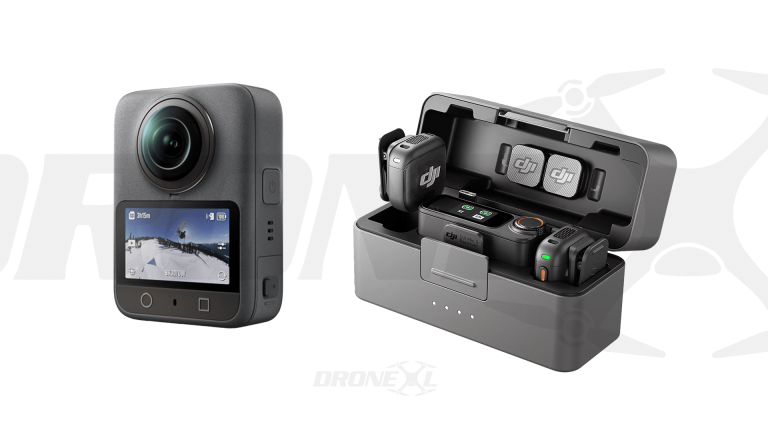
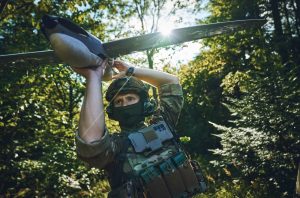
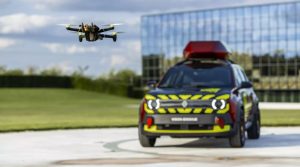
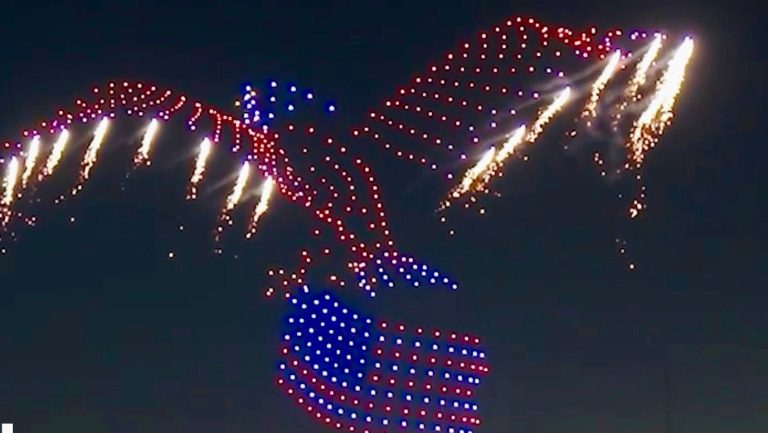
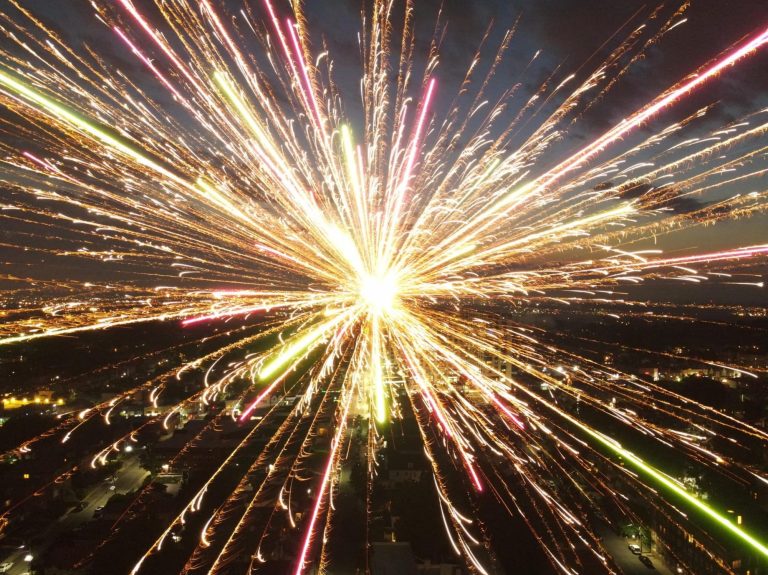
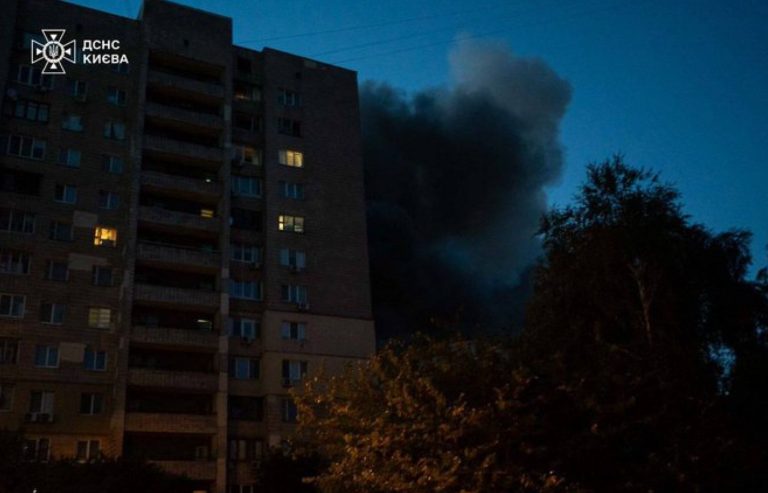

+ There are no comments
Add yours